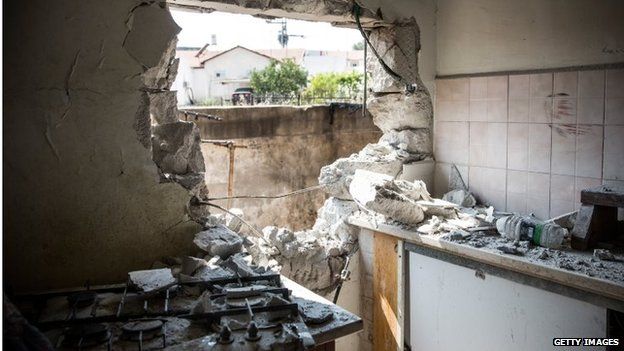- Moderator
- #181
So, quoting the talmud is fair game? Great, I will be back and show you from the actual talmud many sick, racist and downright scary principles that lead directly to what the children of Gaza have to deal with.Try reading the talmud for the real religious hate speech that drives the ongoing crisis for children in Gaza.What about their religion? Does that contribute to the Palestinians hate for Jews?
Ya...the talmud is so evil....
Whoever destroys a single life is as guilty as though he had destroyed the entire world and whoever resues a single life earns as much merit as though he had rescued the entire world.
– The Talmud
Whosoever does not persecute them that persecute him; whosoever takes an offence in silence; he who does good because of love; he who is cheerful under his sufferings -- these are the friends of God, and of them the Scripture says: "They shall shine forth like the sun at noontide."
– The Talmud
You can quote it, but you end up coming off like the schills who quote Quranic verses in an attempt to portray Islam as a religion of hate. In other words a schill. I've never heard of Jews using the Talmud as a source for warfare frankly.
